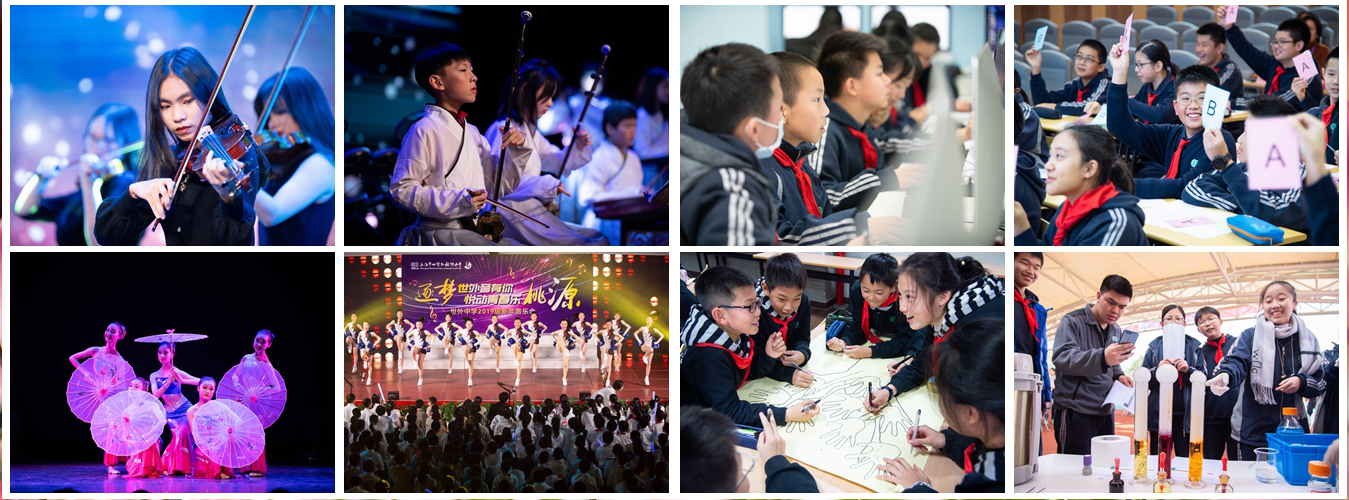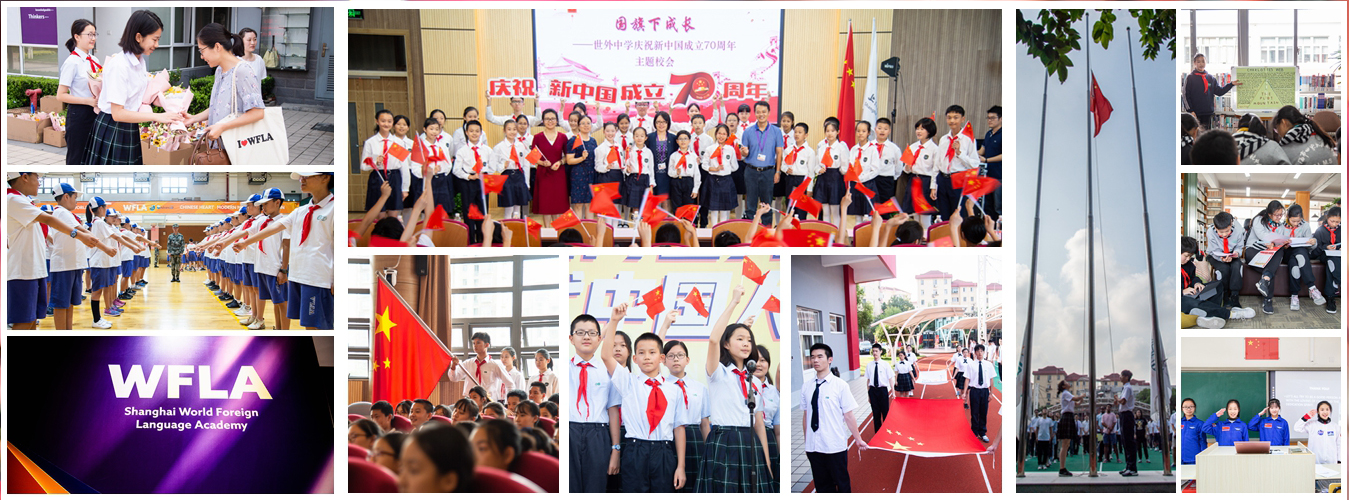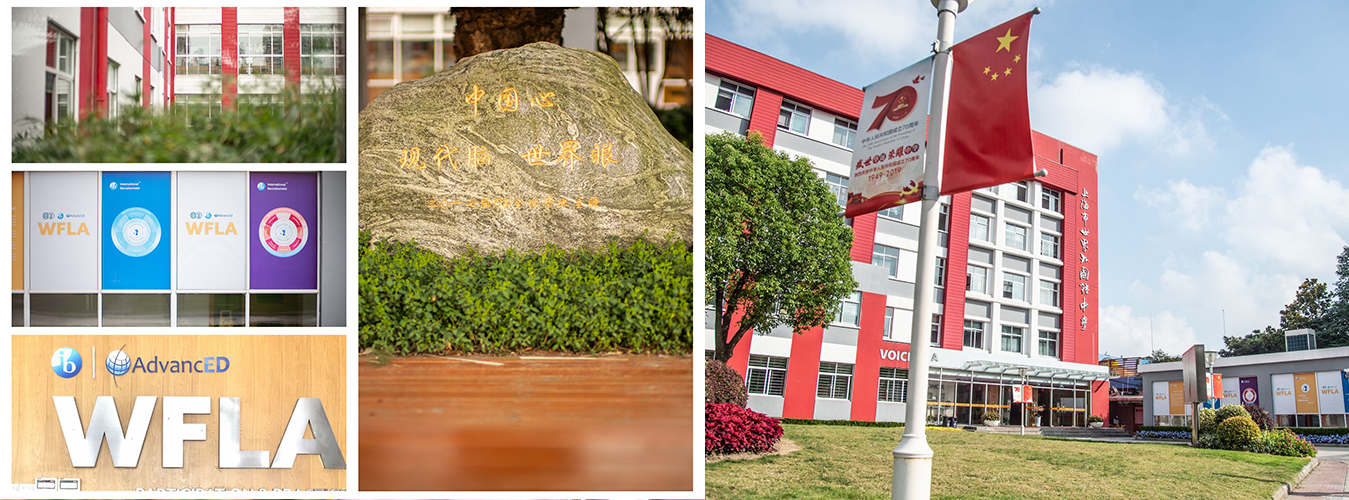MYP教师赴新加坡参加IB培训

IB Singapore Workshop
By: Tom Siewert (MYP Geography Teacher)
Singapore, April 2013/4/18
It’s always amazing to me how we view time. After spending nearly 4 days in Singapore I am back at work and it’s almost hard to believe I was gone, except that I’m tired and have a lot of work to catch up on.
As we arrived in Singapore on Thursday night and exited the air conditioned airport terminal, a blast of warm, humid, tropical air greeted us. We caught a cab to the hotel, checked in and headed out into the sultry night to taste some of the local cuisine. Patrick, Andy, Jonathan and I found ourselves soon sitting at a table along a row of mostly Sichuanese restaurants, eating Chinese food and speaking, often in Chinese, with the owners of the place. Thousands of kilometers away, and it almost seemed we were back in Shanghai on a summer evening.
Of course, we were not there to just taste the local food and enjoy warm weather. Friday morning began our 3 day training at the Australian International School. We met in their auditorium and soon divided into our separate groups for the workshops, but not before we saw the large group of teachers gathered for this, about 250 in total, I would say. Jonathan Mo and I were in the same group for the MYP Humanities Category 2 sessions, along with about 24 others, including many Australians. We also had a German, several Americans, a Belgian, a few Canadians a Kiwi (New Zealander), and two from the Netherlands, including our facilitator for the class. They taught in places around Asia and Oceania: Australia, Vietnam, China, Kazakhstan, Uzbekistan, South Korea, Japan, and Laos. Some were veteran teachers, others were new, a few had taught in IB schools for years, but most, I believe, had only come to the IB recently.
I had heard from one of our coworkers who attended a past Humanities 2 workshop that their workshop leader had done a LOT of talking throughout the sessions. Ours was the opposite. He would introduce a topic and get us started, but for much of the workshop we discussed things in small groups. Often we would then do a wrap-up and present our ideas to the whole group. Overall he walked us through the stages in putting together a unit planner, including some of the assessment possibilities, then finished with a section on the New Chapter, the changes coming for MYP in the next few years. Much of the information on unit planning was not new to me, although some of the approaches to humanities were different from what we did in English last year. We discussed quite a lot about the exact meaning of the IB terminology and also looked at and evaluated some examples, including those we had brought with us.
Overall the workshop was a valuable experience, although it certainly did not answer some of my questions. I think I may be the only one who can answer them. Maybe one of the most valuable aspects of the training was speaking with other teachers about how they use the materials. Even though I am back only a few days, I have already used some materials I received from another teacher. The IB approach is very theoretical, full of concepts, but not very concrete. It is a good approach to planning, but can be hard to adapt to the content we have to teach and the exact situations in our schools. In the coming months and years I hope to find successful ways to blend the IB method and the WFLMS materials into lessons that both the children and I can learn from.
One aspect of the IB approach is that it is very much based on the precise use of language and has distinct terminology that a teacher, and even a student, must understand. The German woman in our class sat by me for 1.5 of the 3 days of the training because she said she could understand me. With so many accents and so much exact terminology, she found it difficult to understand the discussions, even though her English was quite good. I wonder, if someone who speaks a language so closely related to English had a hard time understanding, how much more difficult would it be for a teacher whose native language was much less similar to English, like Chinese? Also, if the teachers have trouble understanding it, how can we expect the students to do so? As valuable as the training and the experience in Singapore was for me, I think that as an educational organization, the IB needs to come to terms with this fact in order for it to become truly global.
I offer my sincere and deep gratitude to WFLMS, to my supervisors, for sending me to this fine training and the experience of seeing Singapore (I am a geography teacher, of course), offer thanks to my traveling companions, and I hope that the seeds we all have planted will bring forth good fruit.





 世外学生会
世外学生会 DP学生主任助理团
DP学生主任助理团 世外之声
世外之声 世外中学融合之窗
世外中学融合之窗 世外升学指导中心
世外升学指导中心
 沪公网安备 31010402000564号 沪ICP备12001785号
沪公网安备 31010402000564号 沪ICP备12001785号